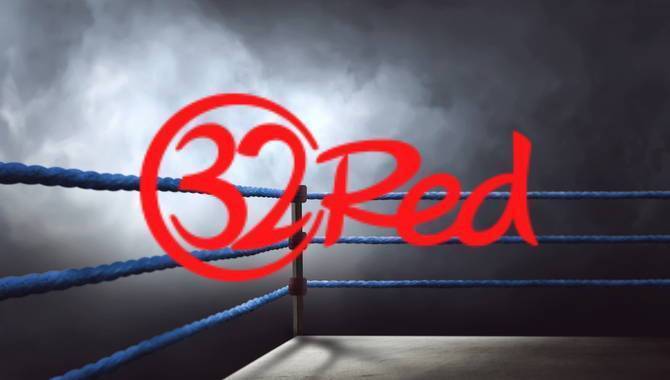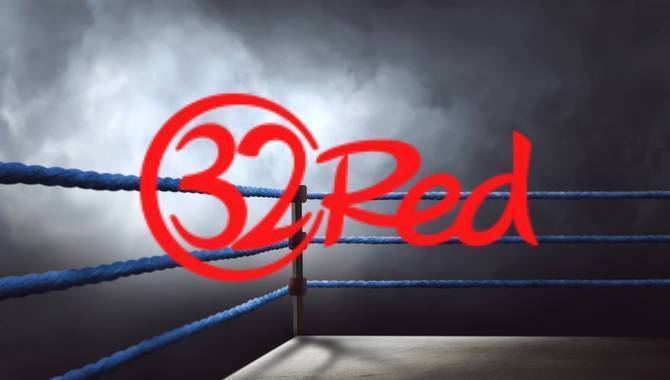
The Kindred Group-owned online casino currently has several football sponsorships in place and Banbury has emphasised the social benefit these sponsorships can bring.
Last week, while welcoming the Gambling Commission’s new National Strategy to Reduce Gambling Harms, Banbury publicly stated a ban on sponsorships would not reduce problem gambling.
Speaking exclusively to Gambling Insider, the 32Red General Manager has delved further into why such measures would be a short-sighted solution.
What is your take on huge operators like GVC and William Hill calling for an end to sports betting sponsorship and advertising, considering the opposition to this from the rest of the industry?
The commitment from GVC and William Hill to do more to help the small minority of customers who do have a problem should be welcomed.
But we have been clear sponsorship is not causing problem gambling, and so it is unlikely to be fixed by stopping it. Problem gambling is a serious issue and requires evidence-based and targeted measures to tackle it. In fact, there is academic evidence to suggest there is no link between advertising or sponsorship and rates of problem gambling.
The industry has collectively done a huge amount in this area to ensure we are tackling problem gambling effectively; but there is always more we can do. The overwhelming majority of our customers use 32Red to have a flutter; to enjoy themselves. A small minority of our customers are at risk of becoming problem gamblers and, as a responsible company, 32Red and our parent group Kindred have extensive policies and restrictions in place to help anyone we suspect could be developing a gambling addiction stay in control.
Should operators do more to promote their CSR and the good done by sponsorships, to sway public opinion?
This isn’t so much about swaying public opinion as doing the right thing as part of our sponsorship opportunities. The existing model of football sponsorship doesn’t take advantage of the connection between sponsor, club and community. We want to seize that opportunity in a way sponsors haven’t up to now. Through our new model of sponsorship – working with Derby County Community Trust – we can help men who would otherwise suffer in silence with mental health issues. We’ve seen an opportunity to make an impact – and we’re taking it.
But it is important, as we commit to this, to share these stories so there’s an opportunity for balanced assessment and debate around the gambling industry’s wider involvement in sport and football in particular.
Is it fair to say a ban on sports sponsorships and advertising is avoiding the real problem and its solutions?
Yes. As I mentioned previously, problem gambling is a serious issue and requires evidence-based and targeted measures to tackle it. By making this an argument about sponsorship and advertising, it risks diluting the debate and making it appear this sort of activity will be a silver bullet to fix the issue of problem gambling. It won’t – and 32Red are keen to ensure we have policies and programmes in place for those customers who do have a problem.
Focusing on that is much more important. While the academic evidence does exist, it is limited, so we welcome further research in this area from across the industry.
Considering the UK industry’s current public perception and the view of many politicians, is there a genuine risk of a sponsorship ban happening?
The public perception of the industry is an important one. We’re confident the public are keen to see an open and competitive market, but for companies to take seriously the people who do have a problem.
But yes, there is certainly a risk of a ban happening. Labour’s Deputy Leader Tom Watson praised the proposals last week and said he hoped others would follow suit and “put people’s health before company profits.”
While we certainly believe in the need to put people’s health before company profits, we would encourage a debate about how that is best achieved, rather than driving towards knee-jerk responses like bans on sponsorship. Policy should ultimately be evidence-based, and there is simply not enough of it to show this type of ban would be effective. Instead, it would put at risk innovative new models of sponsorship – like the one we have in place with Derby County.
What alternatives would you propose to effectively help problem gamblers?
We should focus on education and tools to aid control. On education particularly, this is vital, and a sponsorship/advertising ban of the type proposed would mean the industry becomes a ‘taboo.’ Instead, we should focus on having open debates about the merits of the industry – with millions enjoying the use of platforms like ours – but also the potential problems that can occur.
We should advertise better, rather than not advertising at all. We should promote better, more responsible messages, while promoting informed entertainment. We trialed this during the 2018/19 football season. Some of our LED advertising during the season called for those signing up to “set their limits” and “stay in control.” But this was just the start and we know we can do more.
Click here for further analysis from the Gambling Insider team on GVC’s call for a sports betting advertising ban.



